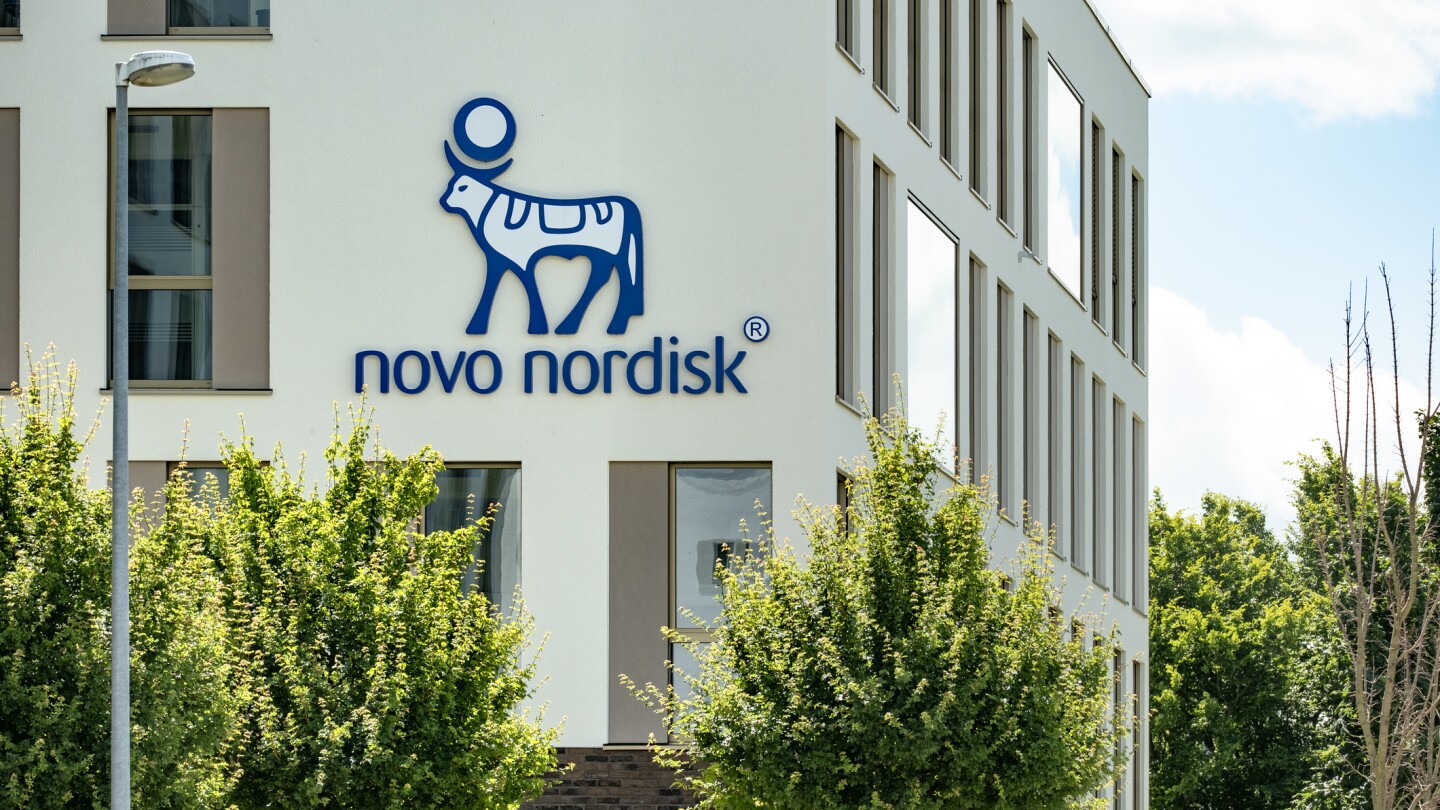News
After a season of regulatory upheaval, obesity and rare genetic diseases will likely remain major themes for biopharma in 2025, according to Jefferies.
FEATURED STORIES
Suddenly the hottest thing in biopharma isn’t a new indication, disease target or modality—it’s manufacturing, and all of pharma is going to be vying for capacity and talent.
Some 90% of investigational drugs fail—and success rates are even more dire in the neuro space. Here, BioSpace looks at five clinical trial flops that stole headlines over the past 12 months.
Novartis, Biogen, Takeda and Novo Nordisk are all betting on advances in the molecular glue degraders space, collectively investing billions in hopes of treating cancer, Alzheimer’s disease, cardiometabolic disease and more.
Job Trends
Merck KGaA, Darmstadt, Germany today announced that its two Phase III EVOLUTION clinical trials (evolutionRMS 1 and evolutionRMS 2) investigating the efficacy and safety of evobrutinib did not meet their primary endpoints of reducing annualized relapse rates (ARR) in people with relapsing multiple sclerosis (RMS) compared to oral teriflunomide (0.11 vs. 0.11 in evolutionRMS 1 and 0.15 for evobrutinib and 0.14 for teriflunomide in evolutionRMS 2, p=NS in both trials)
FROM OUR EDITORS
Read our takes on the biggest stories happening in the industry.
Unpredictable communication and a lack of transparency are eroding the industry’s and the public’s trust. The FDA, experts agree, needs to take control of the narrative.
THE LATEST
Yes, according to leading vaccine physician Paul Offit, who denounced the new placebo-controlled trial requirements for vaccines and sought greater clarity: “I don’t know what they’re talking about.”
CRISPR Therapeutics’ partner Vertex reported that more than 65 treatment centers have been activated for the gene therapy Casgevy. While Vertex handles the market, CRISPR has been focused on its clinical program.
The FDA in February formally declared the end of the semaglutide shortage, which Novo Nordisk expects will help improve the market position of Wegovy. But Eli Lilly’s Zepbound is quickly gaining ground, with sales just $300 million behind Wegovy in Q1.
MassBio’s new report outlines several concerns, including NIH cuts undermining the research engine, FDA reductions delaying innovation and trade barriers disrupting supply chains.
Imports of pharmaceutical products surged in March, most of which came from Ireland, historically one of the biggest exporters of medicines to the U.S.
A new executive order aims to smooth the path for getting U.S. manufacturing facilities up and running; HHS says it will require placebo-controlled trials for all vaccine approvals; tariff threats hit BioNTech; Novo Nordisk’s FDA application for an oral version of Wegovy is accepted; and more.
Keytruda is set to lose exclusivity in 2028, meaning Summit may face competition from cheaper biosimilars. Meanwhile, other branded drugmakers are also seeking to improve on the blockbuster checkpoint inhibitor.
M&A and IPOs got off to a quick start in 2025 only to crash into a wall of policy challenges. Upfront payment for licensing transactions, however, grew as pharmas looked for less-risky deals.
The oncologist and former University of California, San Francisco, professor has long been critical of COVID-19 mandates and the accelerated approval of cancer drugs.
A new executive order from President Donald Trump aims to cut down the 5-to-10-year timeline to build new facilities while stepping up the rigor of inspections on foreign plants.

















